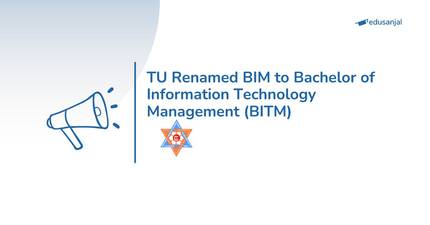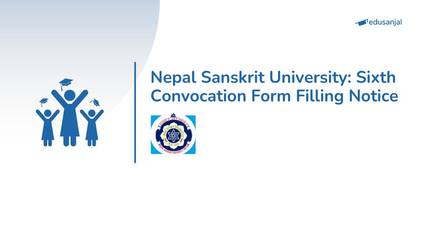Tribhuvan University's Vice-Chancellor, Prof. Dr. Kesharjung Baral, has proposed a reduction in the duration of bachelor's level programs from four years to three in an attempt to conform to global education standards and alleviate financial burdens on students. This move has ignited discussions nationwide among students, educators, and stakeholders alike.
During a recent meeting, Prof. Dr. Baral described the reasoning behind the proposal, citing the financial strain on students and operational challenges faced by the university. He also highlighted the need to synchronize with the three-year undergraduate programs prevalent in countries like India and Europe.
To accommodate students eyeing international studies, flexible pathways including an optional one-year honorary degree program have been put forth. While most programs would transition to three years, specialized fields may retain four or even five-year courses to maintain educational depth and quality.
Prof. Dr. Baral's vision extends beyond mere curriculum adjustments. He envisions a restructuring of the university to enhance efficiency and relevance, integrating traditional knowledge into academic research, and aligning programs with real-world applications and market demands.
The proposal has ignited a nationwide discourse about the future of higher education in Nepal. Seen as a strategic response to evolving educational needs, Tribhuvan University stands at the brink of significant transformation. As further details regarding implementation emerge, stakeholders are urged to engage actively in the ongoing dialogue.
This proposal marks a significant moment for Tribhuvan University as it endeavors to adapt to global educational trends and prepare its students for success on the international stage. As the university charts its course towards these ambitious reforms, stakeholders are encouraged to participate in shaping Nepal's educational landscape.













